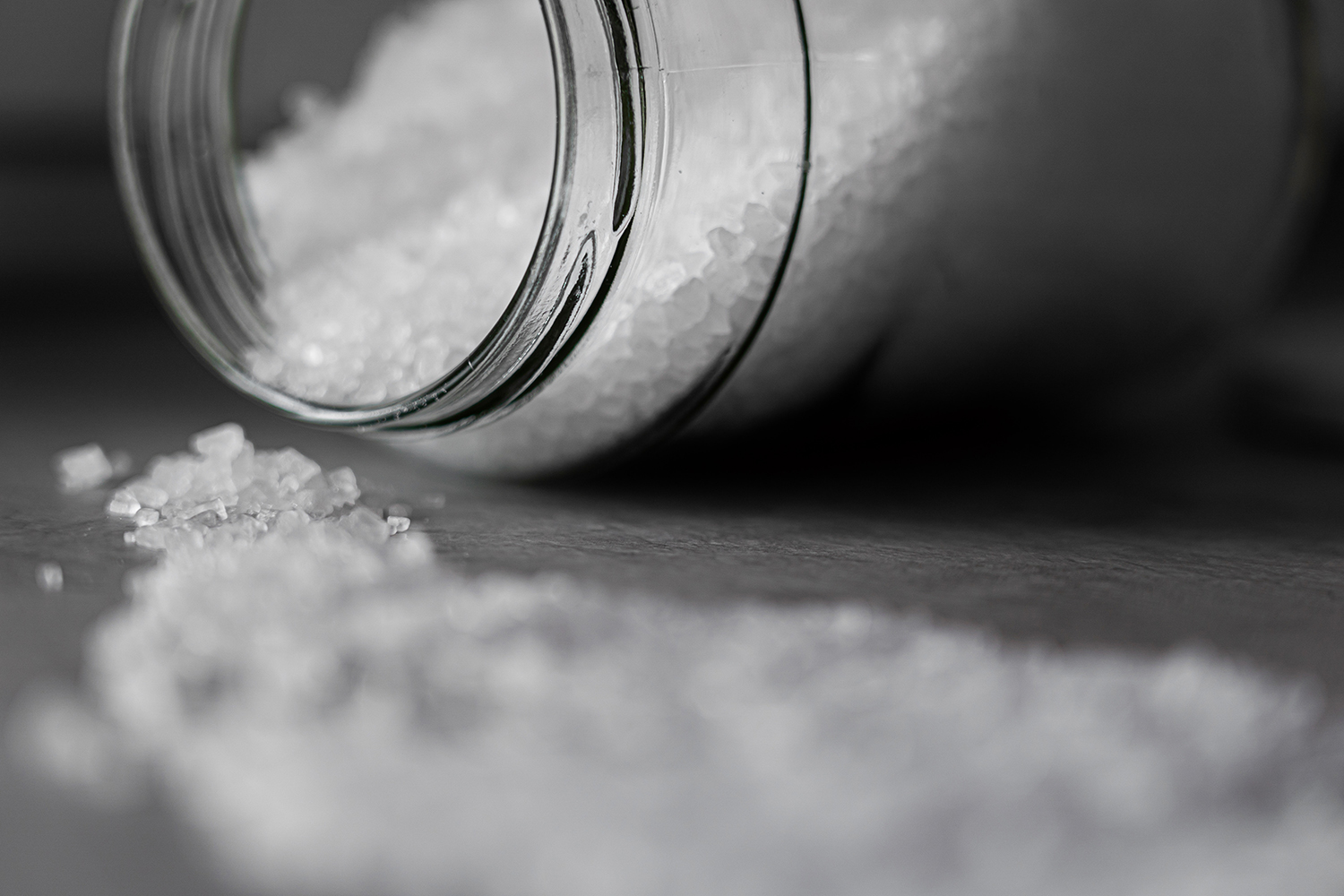The Tricky Relationship Between Salt And Your Heart
Contributed by Ryan Peterson.

Salt is used in most cooking recipes and forms a large part of the modern diet. However, there have long been discussions over the need for it in our bodies. Salt, or sodium, can interact with our internal system in a multitude of ways. As a consequence, it has an impact on our overall heart health.
More to the point, what sort of impact does it have? Most of us have grown up knowing salt is bad for us and can lead to health problems. But, is this truly the case?
What is salt?
Salt (sodium) is a mineral that’s vital for the function of the human body. Our bodies use sodium to maintain healthy nerve functions, as well as to keep our body’s fluid levels balanced. In fact, when you feel dehydrated, it’s recommended that you add some salt to your water as it can help hydrate you by replenishing electrolyte stores. Salt is also suggested for anyone suffering from muscle cramps as a lack of it in the system can lead to excessive muscle cramping.
Consequently, you can argue that salt is an essential nutrient our bodies need. Cutting salt out of your diet is not a healthy decision as it can cause a variety of ongoing health problems.
How does salt affect your heart?
On the other side of the argument, salt/sodium can have a severely negative impact on your heart. People who follow high-sodium diets are more likely to suffer from heart failure and other heart problems – sometimes completely out of the blue. This means you could come under cardiac arrest while at home with nobody nearby holding a first aid and choking certification to help you out. You won’t get the assistance you need, and you could sadly die.
Why is salt linked to heart problems? Well, too much sodium in the blood can lead to something called fluid retention. Your body retains too many fluids, which has a knock-on effect in causing increased blood pressure. As anyone with ongoing heart problems knows, high blood pressure can cause heart attack, stroke, and many other heart conditions. This is because there’s too much pressure in your blood vessels, making the heart work too hard.
What’s the salt solution?
We know that salt is technically good for us, but we also know that it can be unhealthy. So, what’s the solution to all of this? In essence, it’s as simple as managing your sodium levels and being careful not to eat too much salt. Try to keep your sodium intake below 2,300 mg per day – this will give you all you need to maintain healthy functions throughout the body without going overboard. If you already suffer from high blood pressure, reduce this to around 1,500 mg per day.
In summary, salt has a tricky relationship with your heart. On the one hand, it benefits the rest of your body, but on the other, it can cause heart failure. It’s all about managing your diet and keeping salt levels down to a minimum. This helps you see the benefits of sodium without the negatives.



